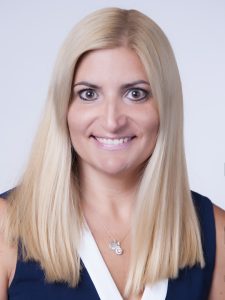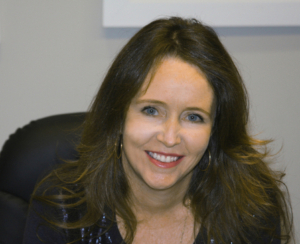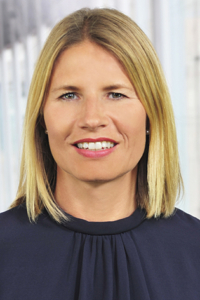“The best part of my job is working alongside my Shearman colleagues, who are not only extremely talented, but with whom I truly enjoy spending time,” says Hae-Ran Song.
She finds this to be a crucial aspect of an office since so much of her work involves teamwork and having one another’s support to get the deals done. “Both senior and junior colleagues have to work in tandem to divide and conquer to successfully execute the transactions,” she says, noting that this carries over to her home life as well. “In the same way, I think having the support and encouragement of my husband and kids in what I do has been instrumental in my success.”
Developing Experience Globally
After attending law school in Australia, where she grew up, Song started her career at a Sydney-based multinational law firm, but had always intended to work overseas, preferably in a U.S. firm. That’s why she was delighted when an opportunity to work at Shearman came up after just one year, much earlier than she had expected. She initially joined the Hong Kong office but was able to relocate to the New York office to join her husband in a job transfer, eventually returning to Hong Kong for family reasons.
Along the way, she’s maintained her focus on corporate transactional work, appreciating the opportunity to meet and work with many different colleagues and clients, while feeling supported by the firm in her relocation needs.
She finds her work in Asia advising foreign issuer and financial institutional clients in connection with international and U.S. capital markets offerings exciting. Because Asia is still a growing and evolving market, she constantly is working to address or overcome issues specific to the region, such as local regulatory requirements or hurdles, which means no deal is ever the same — and no deal is ever easy.
“I’m always learning, and I always have to be on my toes,” she says, adding that structuring transactions and coming up with solutions to meet both local and U.S. requirements is particularly interesting since it involves brainstorming to identify creative solutions that will meet the clients’ needs.
Balancing The Roles of Full-Time Mom With Full-Time Lawyer
Song says that when she first started her career, she was focused singularly on her job rather than on a potential family. As she became more senior, her priorities changed, and she wanted to have kids and be an involved mom as much as possible.
After she had her first child, she began to wonder if she could be the mom she wanted to be, while simultaneously a full-time attorney, often working crazy hours. “I was worried that I would fall short at both things, but whenever I start feeling that way, I take a moment to realize that I have to stop putting pressure on myself and focus on my priorities.”
She says that while many people wonder how to find the perfect balance between work and family (and a social life!), she’s come to realize that a perfect balance is impossible. Instead, you have to figure out the right balance for you, which is different for everyone. “Don’t let your reality be dictated by what anyone else says or what popular culture says,” she advises.
And while it can be challenging, she is proud of the balancing act she has achieved, calling herself both a full-time mom to her kids, ages 5 and 8, while also a full-time lawyer. She achieves that by realizing that while she can’t always be with her kids, she has to make the most of the time she does have with them, on weekends and evenings. “I choose to focus on what I can do,” she says. “It’s a matter of attitude and perspective and choosing how to balance your time to fit in work, family, travel and hobbies – whatever is important to you.”
Key to that balance is learning to be flexible and adapting to your circumstances, in her case, moving from being single to married to having kids.
It’s also important to know both your strengths and limitations, and to leverage those strengths, such as multi-tasking.
In addition to the support she receives from her family and firm, she appreciates the Shearman initiative WISER (Women’s Initiative for Success, Excellence and Retention) and other opportunities to get together with women colleagues. “It’s important for women to hear each other’s stories, and I find it encouraging when you hear about struggles in addition to successes, so you know you’re not alone.”

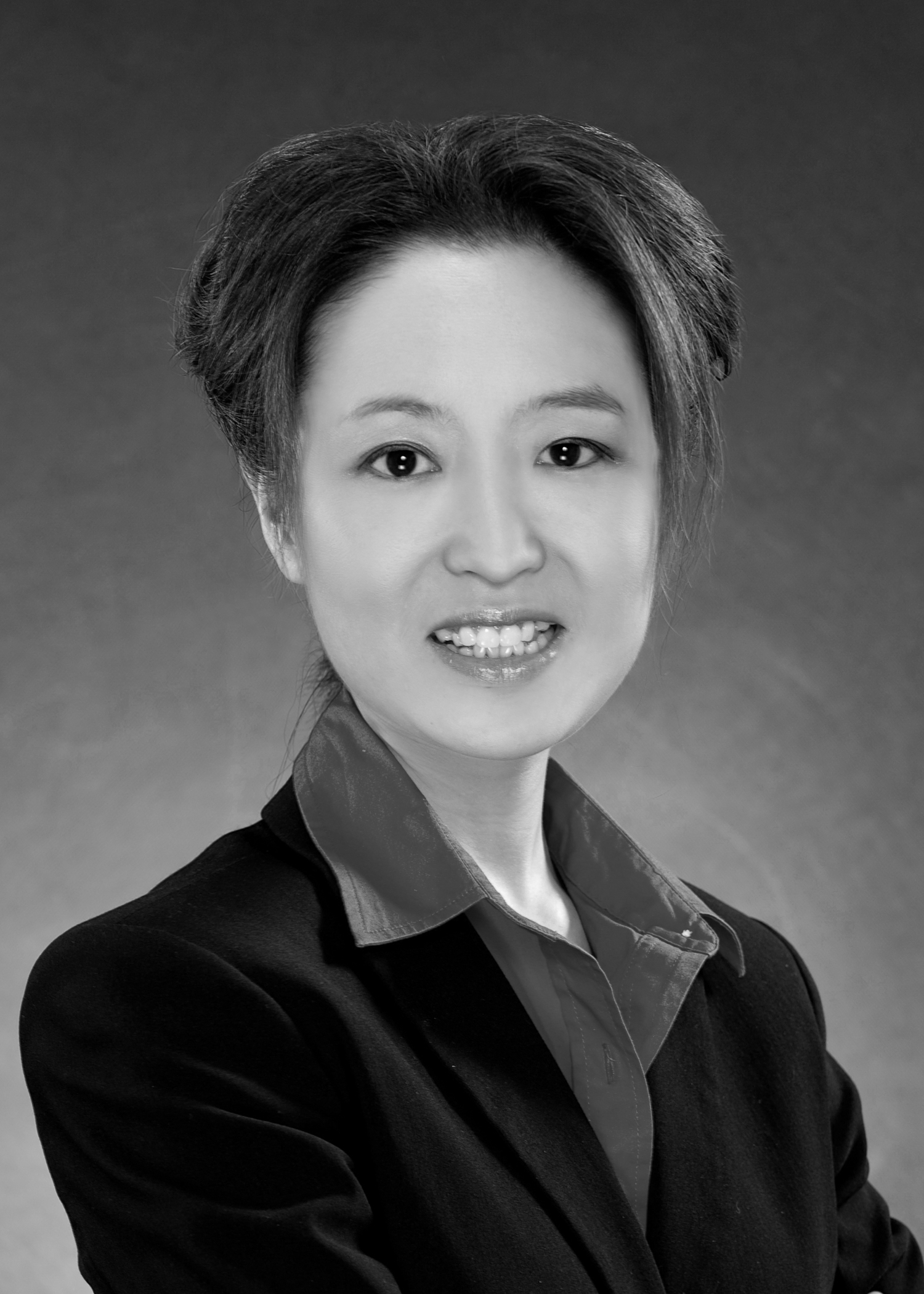
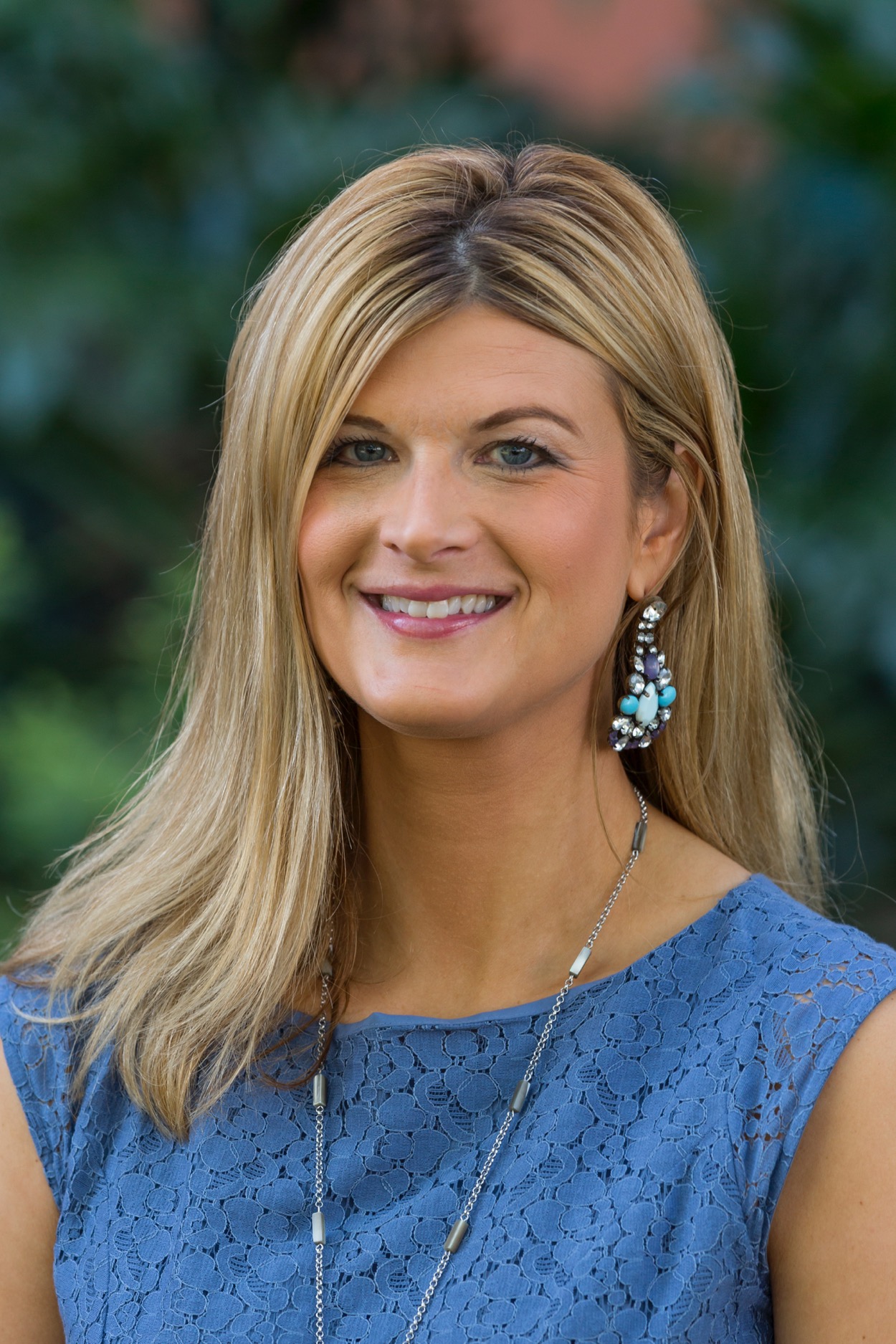
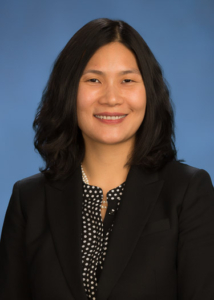

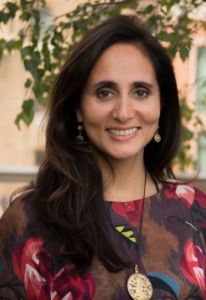
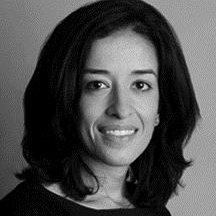
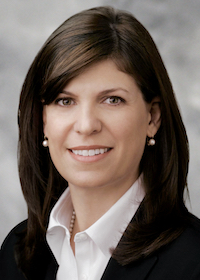 “Every individual in America — from a Rockefeller to a Jones — will face retirement,” says Barbara Reinhard. “At Voya, we can touch every American’s life, and it’s a powerful investment mission when you realize that the decisions we make will help someone realize their lifelong goals.”
“Every individual in America — from a Rockefeller to a Jones — will face retirement,” says Barbara Reinhard. “At Voya, we can touch every American’s life, and it’s a powerful investment mission when you realize that the decisions we make will help someone realize their lifelong goals.”